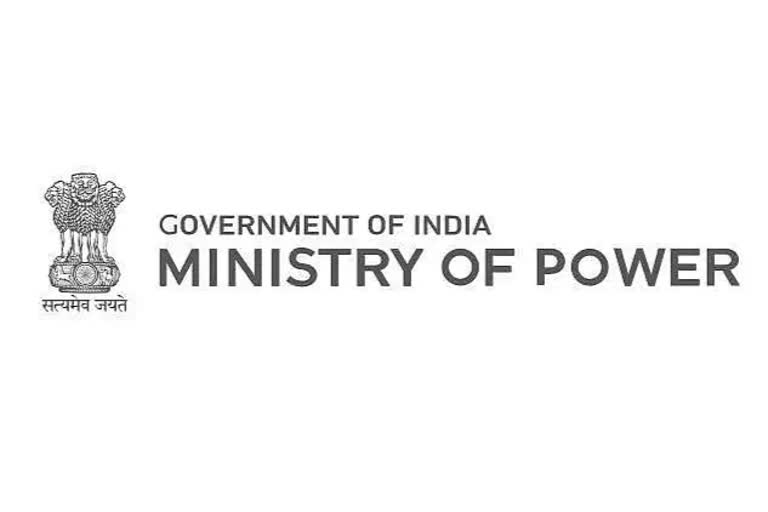New Delhi: Asserting that India's power consumption capacity will double by 2030, a Parliamentary Consultative Committee on Tuesday highlighted that there is a need to increase power generation and strengthen the transmission capacity accordingly.
"At present, the power consumption in the country is 1,400 billion units and it will double by 2030. Therefore, there is a need to increase the power generation and strengthen the transmission capacity accordingly," the meeting of the Parliamentary Consultative Committee attached to the Ministry of Power emphasized.
Chaired by Union Minister for Power and MNRE RK Singh, the meeting expressed confidence that the nation's transmission will grow rapidly. It was told that with the integrated network (General Network Access) it is easier to buy and sell power from anywhere. The government has also opened RE Management centres to cater renewable energy. They have created Central Transmission Utility (CTU) for transparency and a level playing field.
In the meeting, it was informed that the transmission system is the backbone of the power system. Integrated transmission networks allow power to be generated anywhere. "We have one nation, one grid, one frequency, one national load dispatch centre for the country resulting in one market. India's transmission system is the major integrated grid in the world," Singh said.
Also read: All India Power Engineers Federation questions fresh instructions on coal import
A representative from the Central Electricity Authority (CEA) gave a presentation informing the MPs in the meeting about various remedies and measures being undertaken to address the development of the National Electricity Grid in India and its significance.
It was informed that the government of India has initiated multiple initiatives for the development of the National Electricity Grid in India. These initiatives are the evolution and growth of the national grid, benefits and development of the national grid, planning of the national grid, significance of the national grid in RE integration, and policy reforms to promote RE and grid management by Load Despatch Centre.
It was told in the meeting that the initiatives for integration of non-fossil fuel energy are the implementation of Green Energy Corridors, transmission system for ultra mega solar power parks, transmission system for 66.5 GW renewable energy zones by 2022, establishment of 13 RE management centres (REMCs) to address variability and uncertainty of RE generation, planning of transmission system for integration of additional 52 GW potential REZ by 2026-27 have been carried out.
Transmission schemes for another 181.5 GW RES by 2030 have been planned and the same would be taken up for implementation in a progressive manner. The meeting of the Parliamentary Consultative Committee was also attended by the Minister of State for Power and Heavy industries Krishan Pal Gurjar. As many as 11 MPs from Lok Sabha and Rajya Sabha were also present in the meeting.



